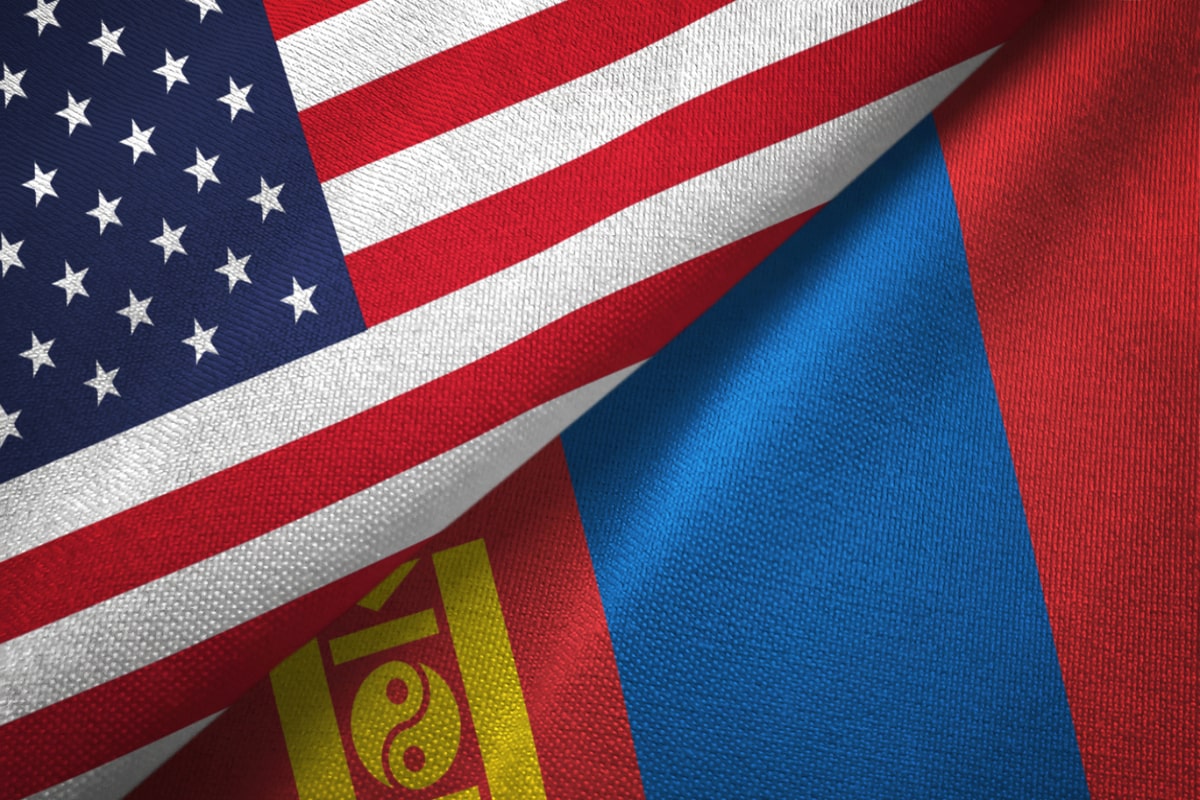The Asian country will open its mining sector for investments and help build secure and resilient supply chains.
The U.S. Under Secretary of State for Economic Growth, Energy, and the Environment Jose W. Fernandez signed a Memorandum of Understanding (MOU) with the Government of Mongolia on Tuesday, to collaborate on critical minerals supply chains. The two countries will work together to make supply chains more resilient and secure while opening up Mongolia’s critical minerals sector for investments, according to a joint press release.
Mongolia has recently begun efforts to establish itself as a major global supplier of critical minerals as the Asian country has large amounts of natural resources. Currently, 80 percent of Mongolia’s total exports are bound for China, according to Reuters. Recently, especially countries in Europe have begun seeking alternatives to market leader China in the field of rare earths which are crucial raw materials for clean energy and transportation. German Chancellor Olaf Scholz emphasized the importance of the bilateral partnership on critical raw materials like copper and rare earths between Germany and Mongolia which exists since 2011 last year. The two countries then also announced that the strategic partnership will be extended to other fields like renewable energy and food production. France, the second largest economy in the EU, aims to establish similar cooperations: French President Emmanuel Macron and his Mongolian counterpart Ukhnaa Khurelsukh issued a joint statement announcing cooperations on energy and critical minerals following a state visit last month. Mongolia will supply France with raw materials needed for energy production and transition.
Catching up to China and becoming a real alternative to the People’s Republic, however, requires time and outside support, according to Mongolia’s Deputy Prime Minister Amarsaikhan Sainbuyan. Landlocked between China and Russia, the resource-rich Asian country will have to build the necessary infrastructure to transport its raw materials and extend transit agreements with its neighbors to export them elsewhere. This could prove difficult, as the transit transport and multiple border crossings already pose obstacles to Mongolia’s socioeconomic development. For example, while Russia and Mongolia use the same track gauge, the Chinese railway operates on a smaller gauge, leading to longer transit times at the Chinese-Mongolian border crossing, according to the Ministry of Road and Transport Development of Mongolia.
Photo: iStock/Oleksii Liskonih


